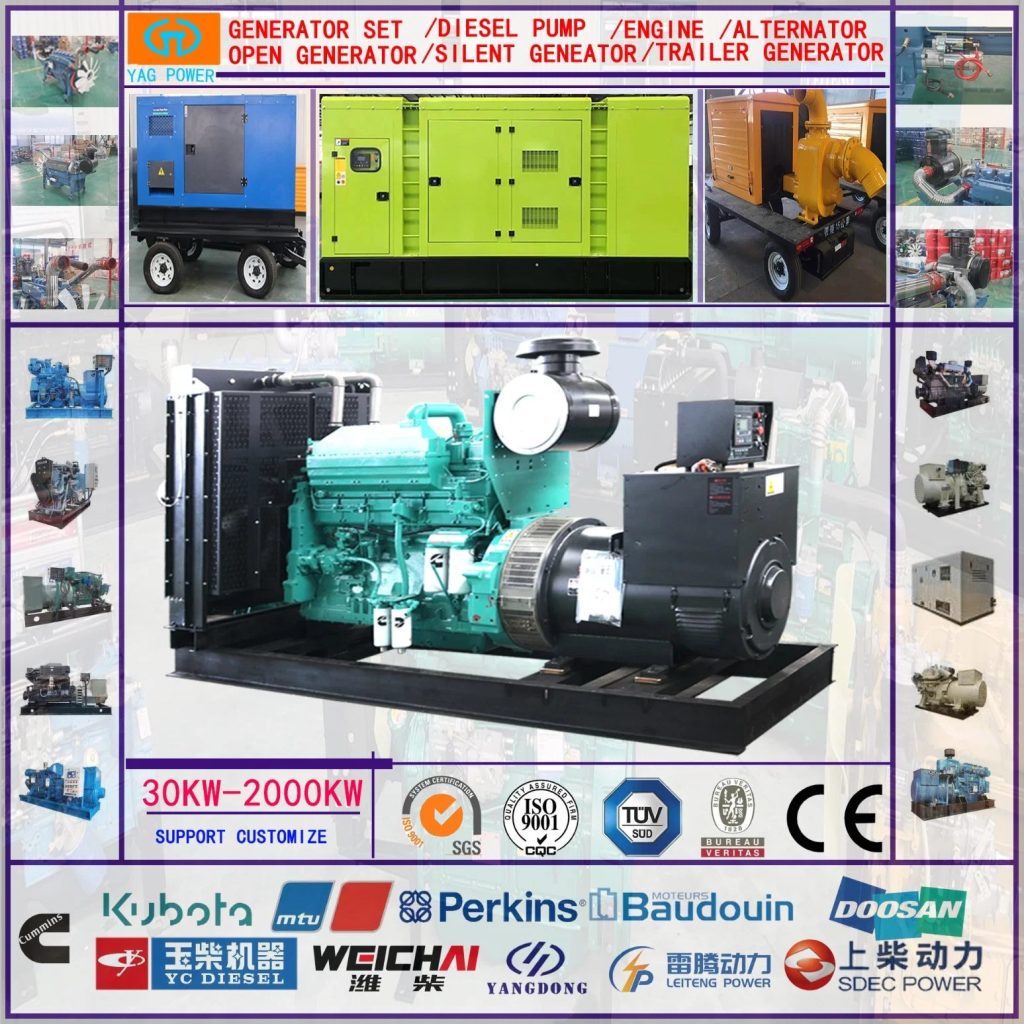Introduction:
The concept of smart grids is revolutionizing the way we generate, distribute, and consume electricity. Smart grids integrate advanced communication, automation, and control technologies to enhance the efficiency, reliability, and sustainability of the electricity grid. https://www.lkpowerplant.com/product/quick-delivery-emergency-standby-power-400kw-silent-type-diesel-generator-set-for-peru/ of smart grid systems is the diesel generator, which plays a crucial role in ensuring grid stability and resilience. In this article, we will explore the importance of diesel generators in smart grid applications, their key features and benefits, as well as their role in supporting the transition to a more sustainable energy future.
I. Overview of Smart Grids
1. Definition and Key Components of Smart Grids

2. Benefits of Smart Grids - Improved reliability, efficiency, and sustainability
3. Role of Diesel Generators in Smart Grid Applications
II. Diesel Generator Technology
1. Overview of Diesel Generators - Working principle and components
2. Types of Diesel Generators - Standby, prime, and continuous generators
3. Key Features - Fuel efficiency, reliability, and scalability
4. Advancements in Diesel Generator Technology - Integration with smart grid systems
III. Applications of Diesel Generators in Smart Grid Systems
1. Grid Stability and Resilience - Providing backup power during outages and emergencies
2. Peak Shaving and Load Balancing - Supporting the integration of renewable energy sources
3. Voltage and Frequency Regulation - Ensuring grid stability and quality
4. Black Start Capability - Restarting the grid after a complete blackout
IV. Benefits of Diesel Generators in Smart Grid Applications
1. Reliability - Ensuring continuous power supply in critical applications
2. Flexibility - Adapting to changing demand and grid conditions
3. Efficiency - Optimizing fuel consumption and reducing emissions
4. Cost-Effectiveness - Providing cost-effective backup power solutions
V. Environmental Considerations and Sustainability
1. Emission Control Technologies - Diesel particulate filters, selective catalytic reduction
2. Alternative Fuels - Biofuels, synthetic diesel, hydrogen
3. Hybrid Systems - Integrating diesel generators with energy storage and renewable sources
4. Environmental Regulations and Compliance - Meeting emission standards and sustainability goals
VI. Case Studies and Real-World Examples
1. Diesel Generator Deployment in Smart Grid Projects - Case studies from around the world
2. Success Stories - Demonstrating the effectiveness of diesel generators in smart grid applications
3. Lessons Learned - Best practices and recommendations for future implementations
VII. Future Trends and Outlook
1. Integration of Advanced Technologies - Internet of Things, artificial intelligence, blockchain
2. Energy Transition - Shifting towards a more sustainable and resilient energy system
3. Role of Diesel Generators in the Energy Transition - Supporting the transition to renewable energy sources
4. Challenges and Opportunities - Addressing the evolving needs of the smart grid industry
Conclusion:
Diesel generators are a critical component of smart grid systems, providing essential backup power and grid support services. With advancements in technology and the increasing focus on sustainability, diesel generators are evolving to meet the changing needs of the energy industry. By integrating diesel generators with smart grid applications, we can enhance grid stability, resilience, and efficiency while supporting the transition to a more sustainable energy future. As we continue to innovate and improve our energy systems, diesel generators will play a vital role in shaping the grid of tomorrow.
